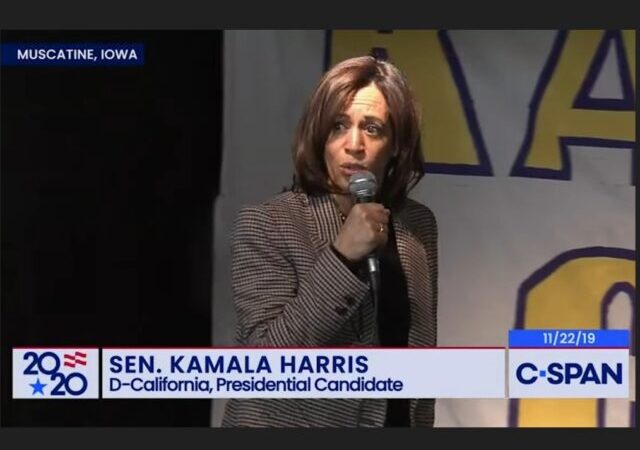So...........The Trump cult whines about prices, wants the "gubmint" to do something.
The government does something, and Trump's cult whines.
 American Medical Association
https://www.ama-assn.org › ... › Public Health
American Medical Association
https://www.ama-assn.org › ... › Public Health
These prescription
drug agreements are
kept secret, so it is unknown if savings ever reach
the patients. Health insurance
companies. Health insurance
companies ...
Prescription drug price negotiations often happen behind closed doors, leaving patients and physicians out of the negotiating room despite the impact drug pricing has on the health and treatments of patients. To improve prescription drug price transparency, the TruthinRx campaign is focusing on three major market players who significantly impact drug prices:
Pharmaceutical companies. Pharmaceutical companies make and sell drugs, but don’t explain pricing or why costs can greatly exceed research-and-development (R&D) expenses. Some even buy existing drugs, spend nothing on R&D, and still raise prices.
Pharmacy benefit managers (PBMs). Working on behalf of health insurance companies or employers, PBMs negotiate upfront discounts on the prices of prescription drugs with pharmaceutical companies, as well as rebates, which reward favorable coverage of a particular drug (and the resulting increase in utilization by a health plan’s patients). These prescription drug agreements are kept secret, so it is unknown if savings ever reach the patients.
Health insurance companies. Health insurance companies approve treatments, set co-pays, and price out with PBMs how much patients pay for drugs. Often, they decide coverage options based on what maximizes company profits.
 America First Policy Institute
https://americafirstpolicy.com › issues › patent-abuses-k...
America First Policy Institute
https://americafirstpolicy.com › issues › patent-abuses-k...
ANCILLARY PATENTS ABUSE
For starters, drug manufacturers frequently abuse the practice of ancillary patenting. When a brand-name drugmaker invents a new drug, the drugmaker will often patent some but not all of the drug’s structure in its initial product patent.
As the drug’s initial patent approaches its expiration date, the maker will then file new patents on its original structure to receive 20 more years of patent protection.
Brand-name drug manufacturers frequently abuse ancillary patenting to block generic competition. A 2023 analysis found that drugmakers filed ancillary patents on their drug’s original design 18 years after they first patented their drug (
Goode, 2023).
This strategy successfully extended their medication’s patent life and delayed competition by 10 years. By delaying generic competitors, brand-name companies can charge significantly higher prices than they would be able to in a more functional marketplace.

 legalinsurrection.com
legalinsurrection.com

